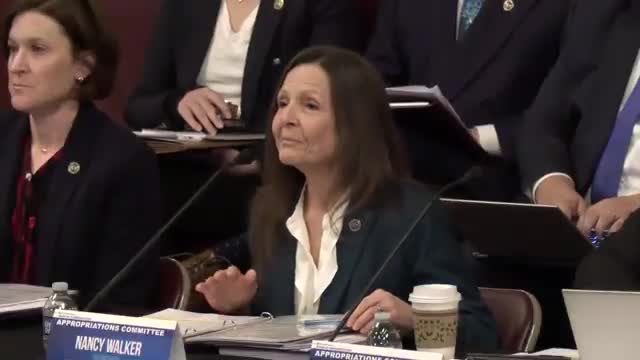Article not found
This article is no longer available. But don't worry—we've gathered other articles that discuss the same topic.
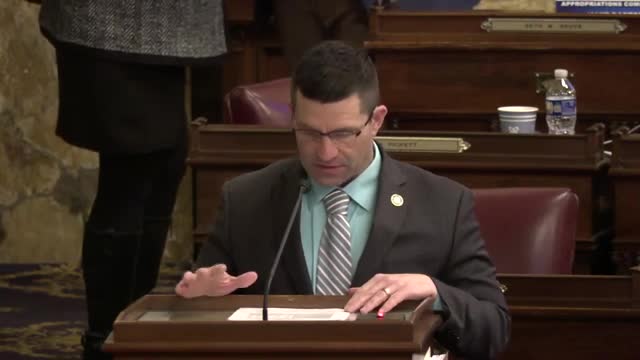
Labor Department seeks $105 million; requests $104 million boost for service and infrastructure fund as call-wait times fall
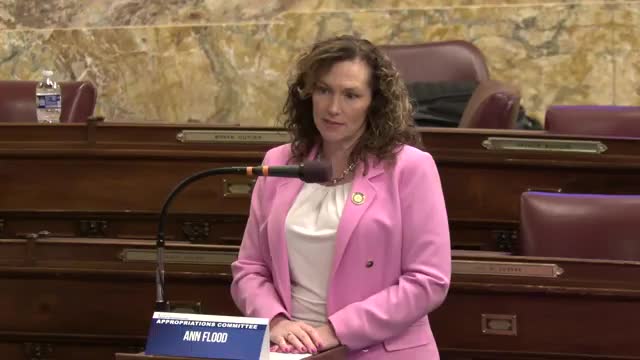
Vocational rehabilitation to implement order of selection after RSA approval; $5M in governor's proposal won't prevent wait list
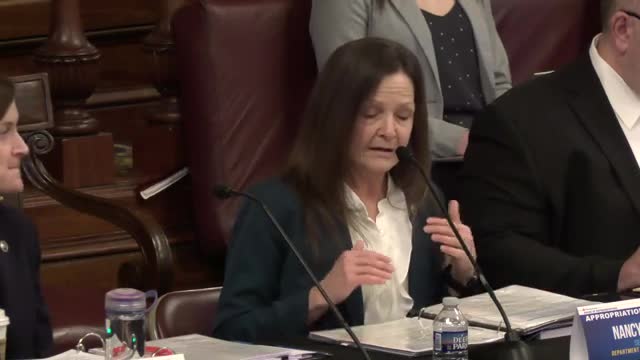
Workers' compensation issues: pharmacy pricing dispute leaves fee cases on hold; bureau readies direct-deposit form
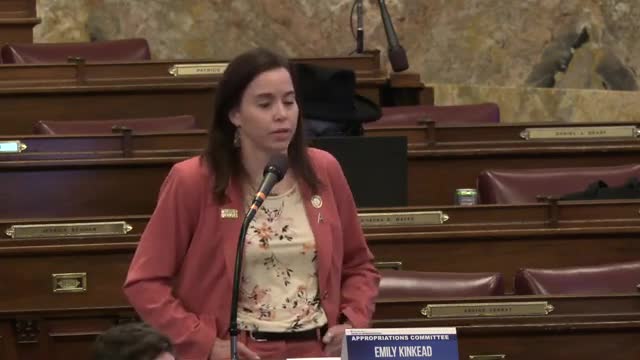
Department details misclassification, wage-theft audits; lawmakers press for stronger penalties and more enforcement resources
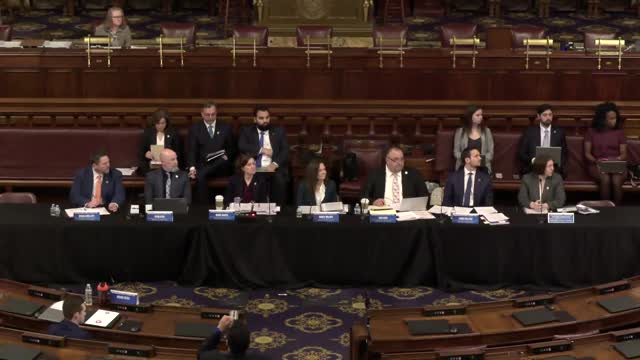
Prevailing-wage dispute over fiber-optic classification could complicate $1.16 billion broadband rollout, lawmakers warn
